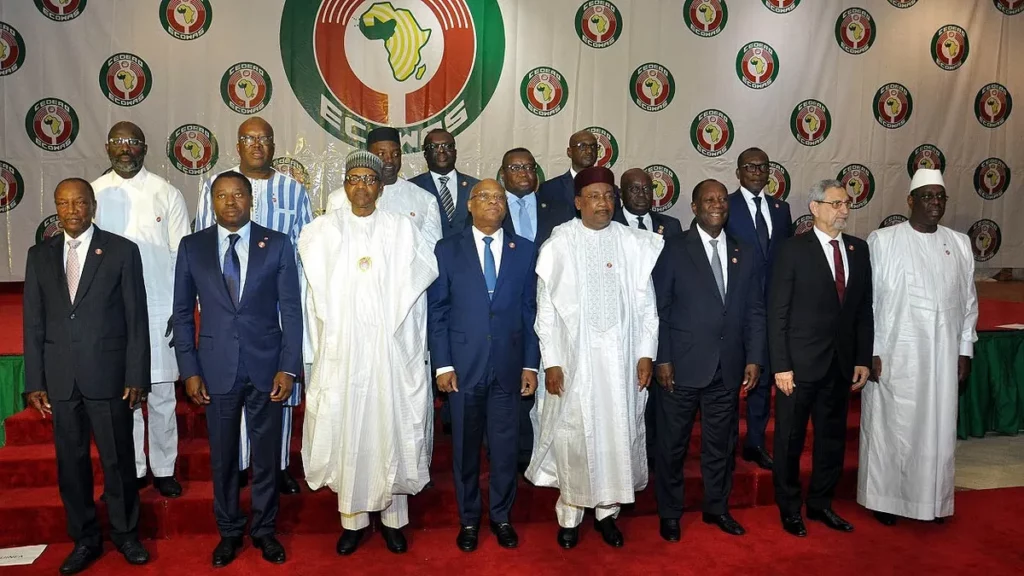
The French foreign minister stated on Friday that France will enhance its support for the West African bloc ECOWAS in its efforts to reestablish democracy in a region affected by recent coups, as security challenges in the Sahel region continue to intensify.
Minister for Europe and Foreign Affairs, Catherine Colonna, paid a visit to Nigeria, the present chair of the Economic Community of West African States (ECOWAS). The visit aimed to explore bilateral collaboration and address regional security concerns.
France has concluded its anti-jihadist military operations in Mali and Burkina Faso, and has recently initiated the withdrawal of troops from Niger. These three countries are currently under the governance of military juntas following coup d’états.
The progression towards democracy in Mali and Burkina Faso has encountered obstacles, while the junta in Niger has rejected ECOWAS demands for an immediate reinstatement of constitutional order, advocating for a transition period of up to three years.
ECOWAS has implemented sanctions on Niger and has not ruled out the potential of military intervention as a last resort if the situation necessitates it.
During her meeting with her Nigerian counterpart, Yusuf Tuggar, in Abuja, Colonna stated that they had explored avenues for supporting ECOWAS in its efforts to reinstate constitutional order in Mali, Burkina Faso, and Niger.
“We see that the transition calendars have not been respected and as we see that insecurity, unfortunately, is on the rise,” she said.
“We have to do better and we will be there to support ECOWAS efforts. It cannot stay as it is without damaging the future of the populations,” she added.
She refrained from providing further specifics on how France would support ECOWAS initiatives, and the bloc itself has made few recent pronouncements regarding new measures with junta-led governments.
Talks with Niger
Negotiations with Niger’s junta seem to have come to a standstill, as the coup leaders have publicly maintained their position for a transition period of up to three years to return from military rule.
Following his meeting with Colonna in Abuja, Nigerian President Bola Ahmed Tinubu, who also serves as the head of ECOWAS, expressed his cautious approach concerning Niger. He emphasized the importance of ensuring the safety of ousted President Mohamed Bazoum and his family.
“I am deploying all appropriate back-channel strategies to avoid bloodshed in Niger Republic,” he said in a statement.
“We recognise the wishes of our people; they do not want war, but that does not mean we can not take bold and decisive action,” he added.
Colonna reaffirmed that the approach regarding Niger remained unchanged: making explicit demands for the release of Bazoum and the swift reinstatement of constitutional order.
The military leaders in Niger have issued a demand for France to withdraw its 1,500 soldiers, who are scheduled to depart by the year’s end.
In September, the ruling junta in Mali declared a postponement of the presidential election originally slated for February. A new date for the election has not been determined.
Niger is contending with two jihadist insurgencies: one emanating from the southeast as a spill-over of a prolonged conflict in neighboring Nigeria, and the other involving an offensive from militants crossing into the west from Mali and Burkina Faso.
